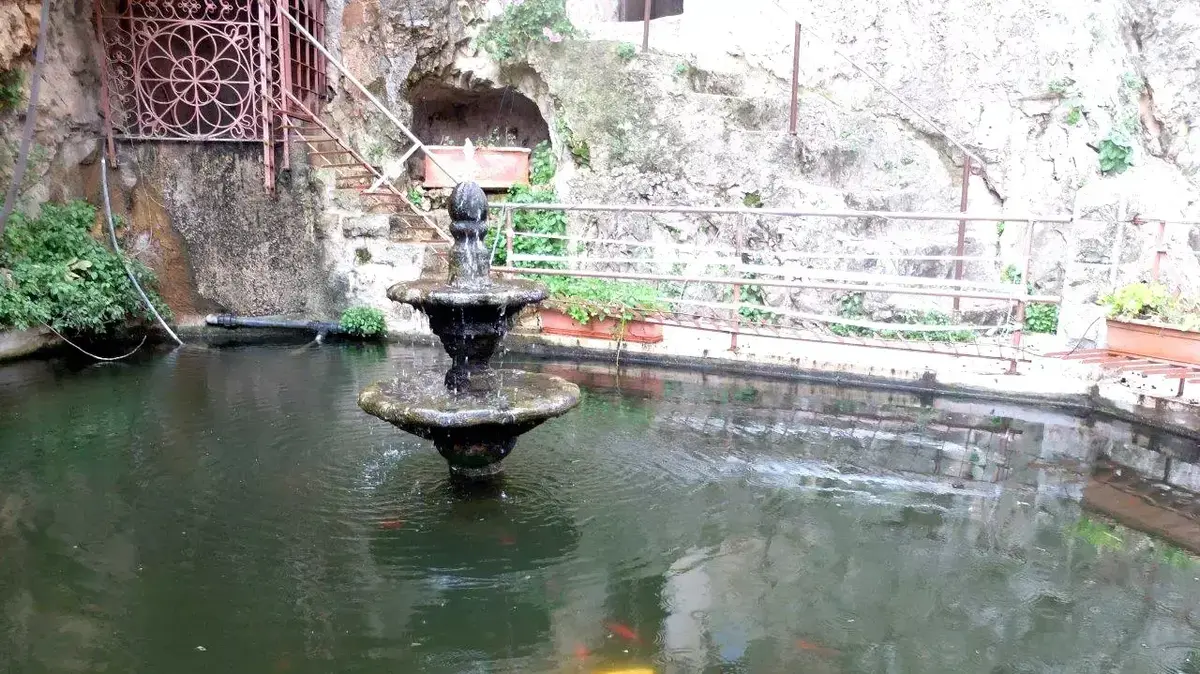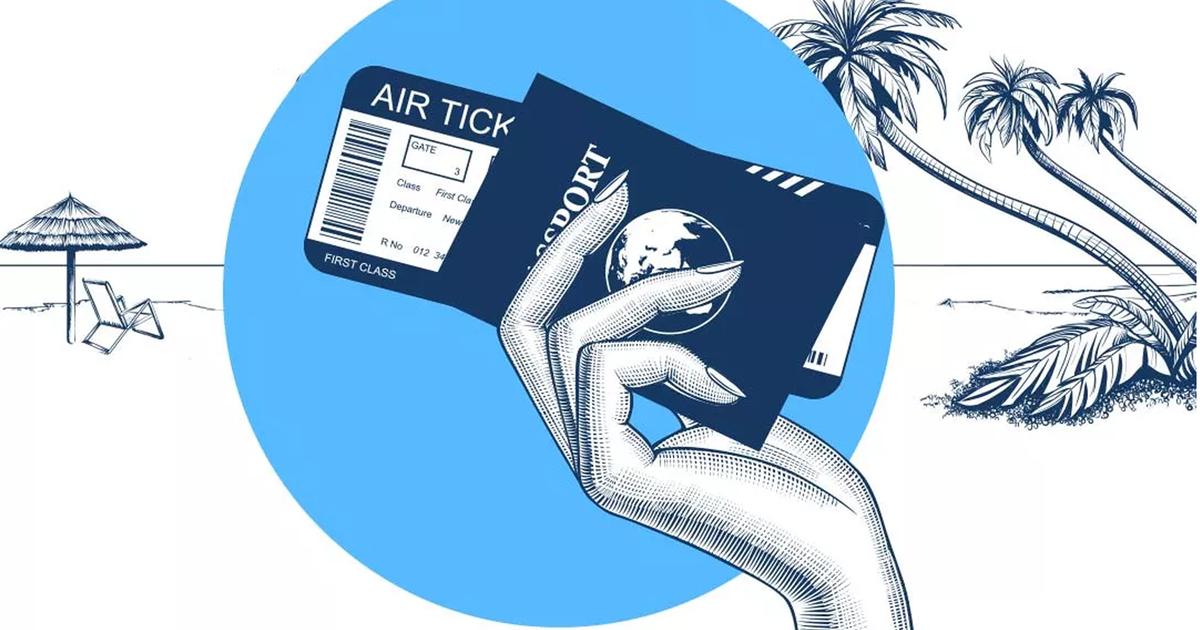news
News in Israel
At the end of a winding road, in the heart of the pastoral desert, a bridge was built for the new Israel
In the center of the Negev, far from the social division that characterizes Israel these days, this month Jujube has become an official settlement.
The residents who came to the land in 2011 with the aim of establishing a community of religious and secular people are facing conflicts, but are confident: "There is an opportunity here to shape a new Israeli society
Tags
Jujube
Negev
Ramat Negev
Walla!
news
Friday, October 30, 2020, 9:15 p.m.
Share on Facebook
Share on WhatsApp
Share on general
Share on general
Share on Twitter
Share on Email
0 comments
Netanyahu welcomes normalization agreement with Sudan: ...
Trick to curl hair with a bottle
An immigrant ship sank off the coast of Senegal on its way to Europe, ...
A magnitude 7 earthquake shook Greece, buildings ...
Macron on the attack in Nice: "We are under terrorist attack because ...
3 killed in attack near a church in Nice, the terrorist beheaded ...
Demonstration of black flags across the country
Hadassah Hospital informs the first participant in a vaccine trial ...
Biden: If we win Florida it's over;
Trump: We will win 4 ...
Auditor's Report on the Corona Crisis: GSS Technology Fails, ...
In the video: Jujube - the new settlement in the Negev that lives in coexistence between religious and secular (Photo: Niv Aharonson, Editing: Itai Amram)
Blue sky, yellowish earth, winding road and finally hope.
Change.
regeneration.
"Ein Tova" is what the residents of the caravans in Shizaf, the new settlement announced this month in Israel, call it.
They came to the land about nine years ago and settled between Kibbutz Mashabei Sadeh and Kibbutz Tlalim, in the center of the Negev.
Adjacent to the Ramat Negev Regional Council.
A "good eye" is basically the desire of the religious and secular residents to live together as a strong community, overcoming the politics of identities.
So, in 2011, there were few families and then more and more joined.
The pastoral landscape of the desert is not the story here, it is just an impressive backdrop to a settlement where Israelis, religious and secular, try to overcome the difficulties together, in understanding.
Big words are easy to say and hard to realize, but this little miracle happens there, in the desert, and it happens every day.
They too know that the road will be difficult, and even now before the establishment of the permanent settlement there are conflicts, but Jujube are sure that if they want to find a common way - they will overcome all the disagreements.
The temporary structures will become permanent homes.
Jujube during the month (Photo: Niv Aharonson)
Most of the residents of the locality are family owners, educators and farmers who came from all over the country.
The cost of living protest in the summer of 2011 gave the impetus to some young people who called on religious and secular people to form a group that would be absorbed together in one of the Negev settlements.
Their vision met the interest of the Ministry of Development of the Negev and the Galilee to settle the southern regions.
It was decided that the aliyah to the land would be near the Talalit junction and the Negev Regional Council.
After overcoming opposition from the Society for the Protection of Nature for environmental reasons, the Ministerial Committee on Internal Affairs headed by Gideon Saar approved its establishment in 2014.
The row of temporary structures remained hanging.
On October 18, Minister Deri accepted the recommendation.
Jujube is already imagining how the landscape of the nearby hills will change and in three years there will be new houses and residents.
They have patience, for almost a decade some of them have been waiting for this moment.
Shayf
Rise to the Ground: 2011
Declaration of recognition of the locality: 2020
Residents: 108 residents (25 families), of whom 59 are children
In planning: construction of 250-500 houses
Noa Nofar is from the founding generation.
"When we arrived, there were ten families here, secular and religious," she says.
She currently lives there with her spouse and daughters.
They love the desert and do not shy away from challenges.
"I grew up in Raanana and it was clear to us that we wanted to live in the Negev, so we lived in the Arava for a year," she says.
"A couple of friends who were in the founding nucleus told us and it fascinated us, especially the religious and secular interest. Landscape and quiet can be found in many localities in the council but this is a community."
Noa emphasizes the uniqueness of jujube.
"Here is the ultimate combination. It is a Negev and a community, an attempt to expand the bubble, to create a dialogue, to meet people who do not think like me, to shatter stigmas. I grew up in Raanana and there it was very separate "With my daughters, it's not personal anymore."
"Landscape and quiet can be found in many localities in the council, but this is a community."
Jujube, October 2020 (Photo: Niv Aaronson)
An encounter between secular and religious creates a built-in tension between worldviews.
The question is not only whether the gaps can be bridged, but whether such a will exists at all.
Jujube is actually such a bridge.
There are disagreements and there is disagreement among the residents of the locality on religious issues, but according to Noa, there is a "good eye" that will lead to agreements.
Belief, in this case, is belief in others.
"There are meetings and there are conflicts and discourse," Noa explains, "for example, Shabbat in public space - what to do or not to do. On Yom Kippur, for example, religious people must be separated in the synagogue and for secular people the connection to Yom Kippur is family, so we asked ourselves A synagogue that includes a connection with my spouse? We created a synagogue with three complexes. For some religious it is halakhically difficult. So yes, after nine years we still ask questions. It is currently a temporary synagogue, but he raised the question of what will happen when a synagogue is built. "There will be more conflicts, but we will unequivocally overcome them. There is something very, very healthy here, there is a 'good eye' in the community, there is no friction and quarrels like in other small localities."
"The community has a 'good eye' here, there is no friction and quarrels like in other small localities."
Noa Nofar and Tamar Hess Kalisberg (Photo: Niv Aharonson)
Eran Doron, head of the council The head of the Ramat Negev regional council, claims that the new settlement is a living example of what is possible otherwise.
"Especially in the days of division and division among the people, precisely when the discourse in society is so divided into demonstrations, the prayers here in Shizaf show that it is possible otherwise," he says.
"The discourse of identity politics in this space is different. I do not underestimate this discourse, but here in Ramat Negev it does not exist. People want to live together. Over a hundred families want to live with the other. They are tired of living with people who think like them, who look like them. "The culture of controversy," you can live in such a culture. "
Tamar Hess Kalisberg is a religious woman.
She came to the settlement with her husband and three children more than three years ago.
She says that in the beginning, friends told them that religious and secular people live together in the city as well.
so whats the problem?
"Here is something that forces us to meet and deal with it. There are things in the community that have conversations and questions and decisions. The Yom Kippur prayer is one of the examples. Everyone has compromised and a solution has been found."
She moved to Jujube from Kfar Adumim.
"They raised a glass and we decided we were coming," she says. "When you try to get along, you can, when a community has a desire to get along - then it happens. There are claims, but here you want to get along."
According to her, there is a huge expectation towards the establishment of a permanent settlement.
"We've been on it a long time, it's close. Our kids are already thinking about it. There's excitement."
"Here religious and secular get along. There are conflicts, but there is caring."
Assaf and her father Fried with their son (Photo: Niv Aharonson)
Assaf and her father Fried came to Shizaf about six months ago from a nearby town in the council and fell in love with the place.
"When we started in the corona, we came here. I grew up in the north, in the Jezreel Valley," says Assaf. "I came to Ashalim about a decade ago. I soon realized that there was a creative space here that I did not find anywhere else. "We tell them 'this is you.' We came in the last wave of absorption."
"Everyone is trying their best to create something good together."
Assaf and her father Fried with their son (Photo: Niv Aharonson)
Three months ago the eldest son of the family was born.
They returned from the hospital to a house in Jujube and numbers at which time the power of the community was revealed to them.
"A family we did not know brought us all the Shabbat meals. And then all the families sent. That is the power here - the community. In my eyes the meeting very much sharpens the differences. Here religious and secular get along. Live together. There are conflicts, but there is caring and desire to live together. "That the differences create the uniqueness and allow the learning from everyone and that is what we want to produce in jujube."
Her father Fried also uses the term "good eye".
"This is what defines the residents," she says. "Finding a common denominator despite the differences, we are here trying to produce well. There is an opportunity here to design a new Israeli company. This is a one-time opportunity. I always wanted to live in a mixed community, everyone trying to create something good together. "There are prices for the fact that we live three hours from our parents, but there is a community that is like a family. The whole discourse is not whether we will succeed, but how we will succeed."
Share on Facebook
Share on WhatsApp
Share on general
Share on general
Share on Twitter
Share on Email
0 comments














